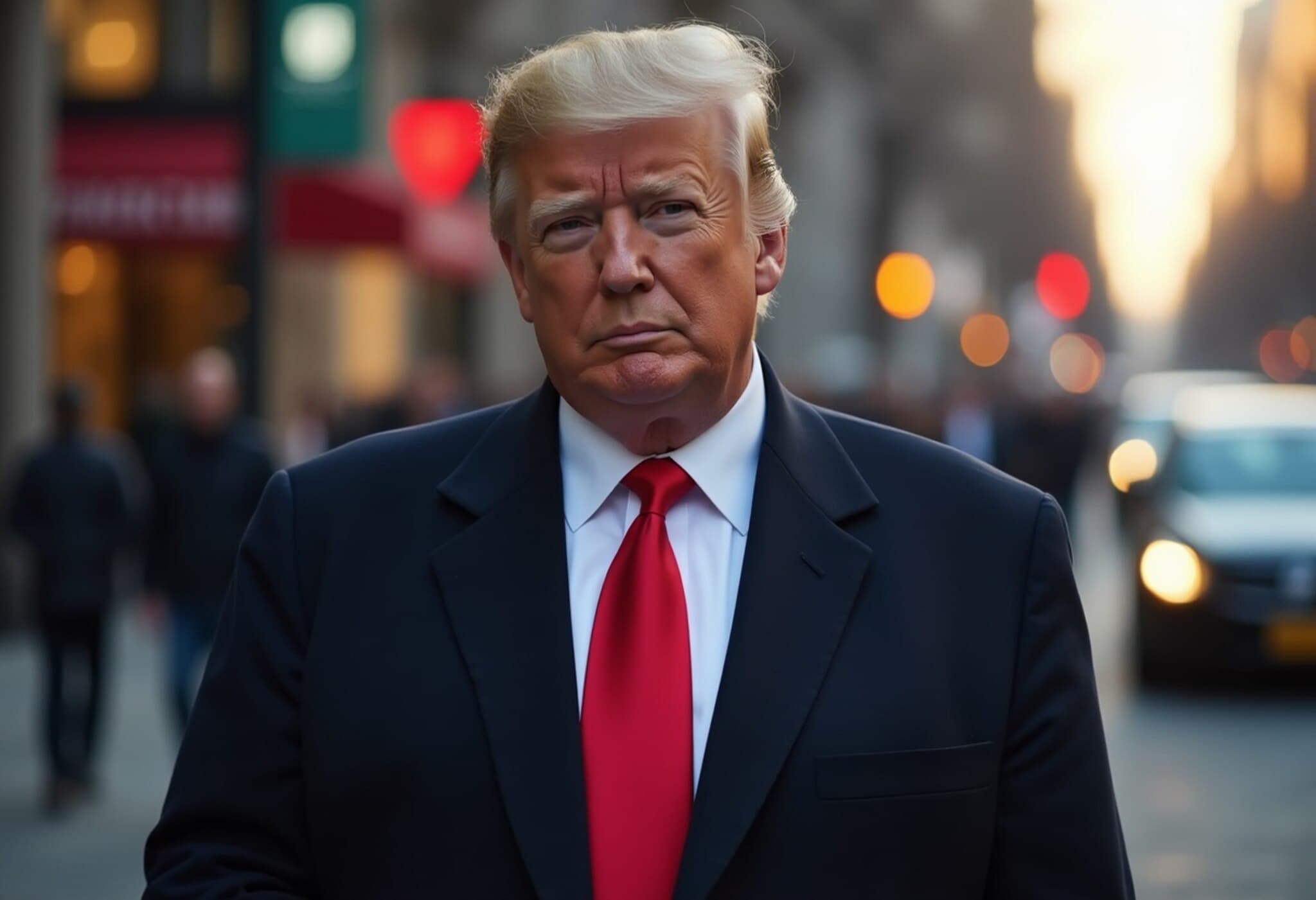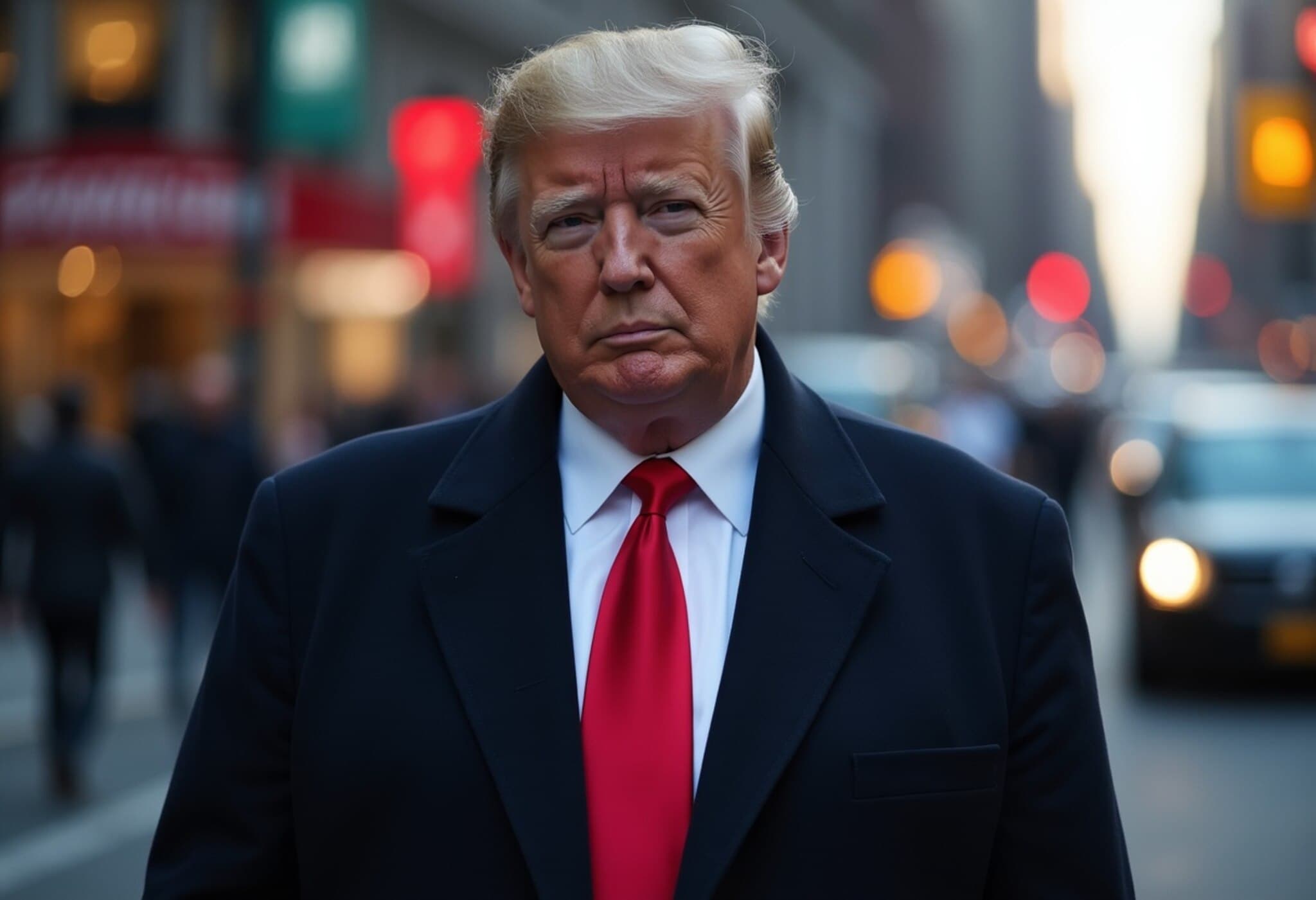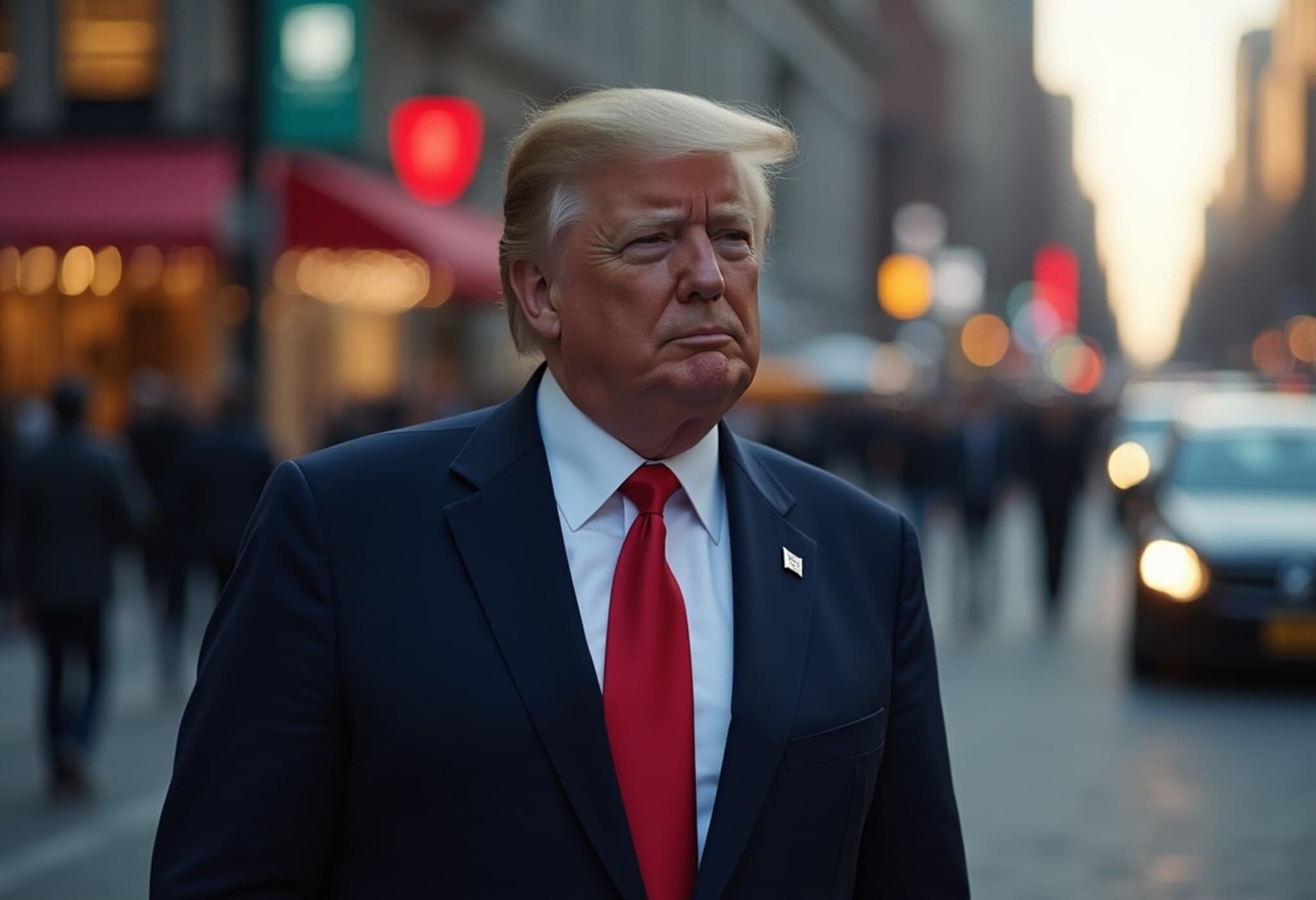Tesla’s Timing on Bitcoin Sales Raises Eyebrows Amid Crypto Rally
In a striking illustration of how timing can make or break investment outcomes, Tesla’s decision to offload three-quarters of its bitcoin holdings in 2022 has sparked debate among analysts and investors. Having initially acquired $1.5 billion worth of bitcoin in 2021 during a surge of enthusiasm for cryptocurrencies, the electric carmaker drastically reduced its exposure at a moment when bitcoin prices had notably dipped, missing out on a subsequent market rebound that has sent prices soaring.
From Strategic Bet to Market Retreat
Elon Musk’s Tesla first ventured into the crypto world early in 2021, signaling confidence in bitcoin’s long-term value and aiming to diversify its cash reserves beyond traditional holdings. The move bolstered Musk's reputation as a high-profile crypto supporter, with his Twitter (now X) bio even flaunting #bitcoin during the currency's meteoric rise. However, the tides swiftly turned by mid-2022, as global economic headwinds—including inflation concerns and rising interest rates—dampened appetite for risk assets like digital currencies.
Facing market turbulence and internal pressures, Tesla sold about 75% of its bitcoin stash when prices were significantly lower than the astronomical highs witnessed earlier. At that point, bitcoin was trading at roughly a fraction of current levels, which had a pivotal impact on Tesla’s unrealized gains.
Financial Implications: Billions Left on the Table
Today, Tesla’s crypto assets are on the rise again, with its holdings valued at $1.24 billion, up considerably from $722 million a year ago. Yet, this growth belies a more profound story: had Tesla retained its full initial bitcoin investment, the stash would be worth an estimated $5 billion based on current prices exceeding $119,000 per bitcoin, nearly six times last year’s valuation.
- Initial investment: $1.5 billion in bitcoin in early 2021
- Partial sale: About 75% sold in mid-2022 amid declining prices
- Current value of remaining holdings: $1.24 billion
- Estimated value had Tesla held all crypto: $5 billion
- Estimated value of sold bitcoin at current prices: Over $3.5 billion
This suggests the company may have foregone potential gains in the vicinity of several billion dollars. This missed opportunity underlines the challenges companies face in navigating volatile asset classes, especially amid macroeconomic uncertainty.
Broader Corporate Context and Market Challenges
While Tesla’s bitcoin saga unfolds, the core business faces its own headwinds. Tesla recently reported its second consecutive quarterly decline in automotive revenue, with stock prices tumbling nearly 25% in 2025. Musk continues to champion futuristic ventures such as robotaxis and humanoid robots — ambitious bets that come with hefty price tags and fierce competition. At the same time, external factors like tariffs and fading federal electric vehicle tax credits loom as potential constraints on Tesla’s growth trajectory.
Interestingly, Tesla’s bitcoin activities have still contributed to overall profitability. In Q2 2025, gains from bitcoin amounted to $284 million, a significant figure within the company’s $1.17 billion net income for the quarter.
Cryptocurrency Landscape and Regulatory Developments
Bitcoin’s comeback has been fueled in part by evolving regulatory frameworks. The recent enactment of crypto-centric legislation, including efforts spearheaded by the Trump administration to formalize bitcoin’s role within U.S. financial strategy, has boosted investor confidence. Proposals for a strategic bitcoin reserve underscore the currency’s potential institutional adoption, driving prices higher.
Despite these developments, Musk’s engagement with cryptocurrencies publicly has diminished. Since March 2022, he has rarely commented on crypto topics, signaling a strategic pivot away from his previous vocal endorsements.
Expert Perspective: Timing and Corporate Strategy
From a financial and policy angle, Tesla’s experience serves as a cautionary tale on liquidity needs, market volatility, and the complexities of corporate crypto investments. Holding highly volatile assets requires balancing short-term liquidity against potential long-term gains — a calculus that every publicly traded company must manage transparently to protect shareholder value.
Moreover, Tesla's trajectory highlights the importance of contextualizing crypto investments within broader business objectives. While holding bitcoin aligns with diversification strategies, it cannot detract from core operational focus, especially in industries as capital-intensive and rapidly evolving as electric vehicles and autonomous tech.
Editor’s Note
Tesla’s bitcoin divestment showcases the double-edged nature of corporate cryptocurrency investments. As digital assets gain mainstream attention, companies must weigh the allure of spectacular returns against the risks of market timing and regulatory changes. For investors and observers alike, Tesla’s Bitcoin story raises critical questions: How should companies calibrate crypto exposure amid uncertain economic environments? And what lessons can be learned about integrating emerging asset classes with traditional business models? Navigating this landscape requires not just bold vision, but prudent strategy.



















